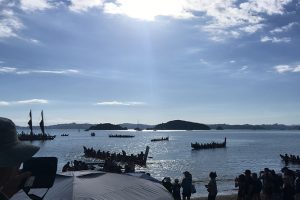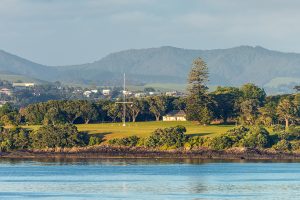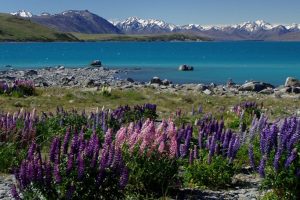The Prime Minister says she hopes every New Zealander, at least once in their lifetimes, gets a chance to go to Waitangi for Waitangi Day. Firstly, because it’s a special place to be, and secondly so they can see how it differs from “what you might see from time to

February 19, 2019






